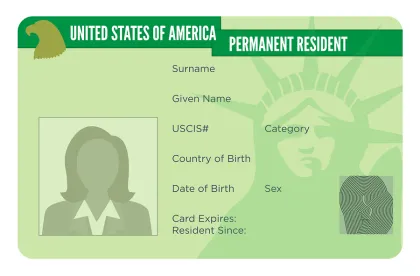DHS has made the first move to rescind the H-4 EAD Rule: sending the proposed rule to the Office of Management and Budget (OMB) for review.
The H-4 EAD Rule provides work authorization for spouses of certain H-1B workers who are in the green card process.
OMB review is the first step before publication in the Federal Register for public Notice and Comment. OMB has up to 90 days to conduct its review, but the Administration is seeking expedited review because the change is “economically significant.” Once the OMB review is complete, the Notice and Comment period itself is generally 30-60 days. After that, DHS must review and respond to the comments and publish the final rule. Given the time frames, the final rule may go into effect as early as May 10, 2019, or as late as January 15, 2020.
The details of the proposed rule have not been published, but the expectation is DHS will continue to accept and adjudicate H-4 EAD applications until the final rule goes into effect. Among the things DHS has yet to reveal include:
- What the effective date of the rule will be; and
- Whether those who have H-4 EADs will be in some way grandfathered in.
Due to the continued uncertainty, foreign nationals:
- In H-4 status should consider whether there are any other types of work authorization available to them and apply, if possible;
- If eligible for H-4 EADs but have not applied, should consider applying now; and
- With H-4 EADs should apply to renew as soon as their renewal window opens (180 days prior to expiration).
Anticipated since President Donald Trump took office, DHS action on rescinding the H-4 EAD Rule has been slow – leaving more than 100,000 current beneficiaries in limbo. A long-pending case challenging the validity of the H-4 EAD Rule, Save Jobs USA v. United States Department of Homeland Security, had been held in abeyance for close to year because DHS said it would be rescinding the rule, which would make the case moot. The judge in the Save Jobs case went along with DHS’s requests until December 17, 2018, when the Court removed the case from abeyance. DHS’s reply brief was scheduled to be submitted by mid-March 2019. The looming deadline may have prompted DHS to act.




 />i
/>i
